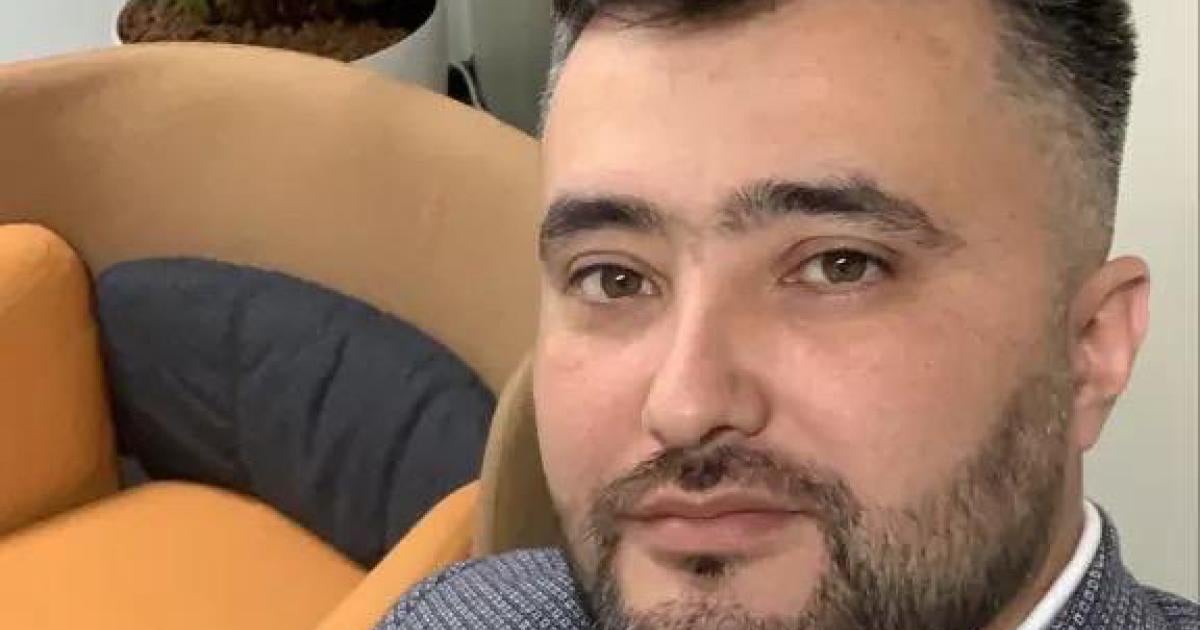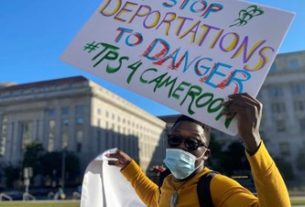(Berlin, August 2, 2023) – Belarus authorities have extradited Nizomiddin Nasriddinov, a Tajik political activist with refugee status in Germany, to Tajikistan, where he is at serious risk of persecution and torture, Human Rights Watch said today. Tajik authorities should immediately clarify Nasriddinov’s whereabouts, release him if he is in detention, and allow him to rejoin his family in Germany.
Tajik authorities had placed Nasriddinov, an outspoken activist in Group 24, a Tajik opposition political movement that promotes democratic reforms, on an international wanted list in 2017 for his public criticism of Tajikistan’s president and government. Belarusian authorities detained him on January 8, 2023, at the request of Tajik authorities when he crossed the border from Lithuania. They refused his asylum request and, although Nasriddinov still had time to appeal the refusal, extradited him to Tajikistan on July 24, despite objections from local and international organizations. There has been no information as to his situation and whereabouts since his extradition.
“Belarusian authorities violated Nasriddinov’s rights by not waiting for the appeal hearing on his asylum request and forcibly returning him to a country where he is at risk of torture and other ill-treatment,” said Hugh Williamson, Europe and Central Asia director at Human Rights Watch. “Tajikistan’s authorities should immediately provide information about Nasriddinov’s current situation and whereabouts and ensure his protection from torture and other ill-treatment.”
In October 2015, Nasriddinov and his family moved to Germany, where they were recognized as refugees in April 2017, and have been living ever since. Since then, Nasriddinov has appeared publicly in several international forums, raising awareness about, and criticizing, the Tajik government’s human rights record and the political situation in the country.
In 2014, Tajikistan’s Supreme Court designated Group 24 a terrorist organization, immediately following its calls for peaceful protests for democratic reforms. In November 2017, Tajik authorities put Nasriddinov on an international wanted list after opening a criminal case against him under article 307-1 of the Tajikistan criminal code (“public calls for extremist activities”). The case cites Nasriddinov’s Facebook reposts sharing content from Group 24 and the Islamic Renaissance Party of Tajikistan, an opposition party banned in 2015, as well as a YouTube video in which Nasriddinov criticizes Tajikistan’s president and government.
On February 21, 2023, the Belarus Prosecutor General’s Office issued a decision to grant Tajikistan’s request to extradite Nasriddinov, under a multilateral agreement on legal cooperation that includes both countries. The decision cited the similarity of article 307-1 of the Tajikistan criminal code with article 361 of the Belarus criminal code, which prohibits “public calls for actions aimed at harming the national security of the Republic of Belarus.”
Nasriddinov appealed this decision at Hrodna Regional Court and then at the Supreme Court of Belarus. Both courts dismissed his appeals.
On May 13, while awaiting extradition in detention, Nasriddinov applied for asylum in Belarus. On June 30, Belarusian authorities declined his application but did not notify him of the decision until later. Nasriddinov still had time to appeal this refusal at the time of his extradition.
Nasriddinov’s extradition violates Belarus’ obligations under international law. Belarus is a party to the Convention against Torture and Other Cruel, Inhuman or Degrading Treatment or Punishment, which it ratified in 1987. Belarus is also bound by the International Covenant on Civil and Political Rights. Under both conventions, Belarus is strictly prohibited from expelling or extraditing a person to a country where they face a risk of torture. Belarus was therefore prohibited from extraditing or forcibly returning Nasriddinov to Tajikistan under any circumstances and regardless of any charges against him.
Over the past few years, Tajikistan authorities have increased harassment and persecution of human rights defenders, journalists, and political and civic activists, Human Rights Watch said. The authorities have held mass trials against activists behind closed doors and denied them access to effective legal protection. Conditions in both pretrial detention facilities and prisons have been described as cruel and inhuman, rife with torture and ill-treatment.
In December 2022, after her visit to Tajikistan, Mary Lawlor, the United Nations special rapporteur on the situation of human rights defenders, highlighted the climate of fear in Tajikistan for human rights work. Given the coercive environment for outspoken critics of the government in Tajikistan, the authorities should ensure that Nasriddinov will not face harm, Human Rights Watch said.
“As an outspoken political activist, Nasriddinov faces a serious risk of torture and ill-treatment in Tajikistan,” Williamson said. “Tajikistan’s authorities as well as all international actors involved should ensure his immediate release and safe return to his family in Germany.”



